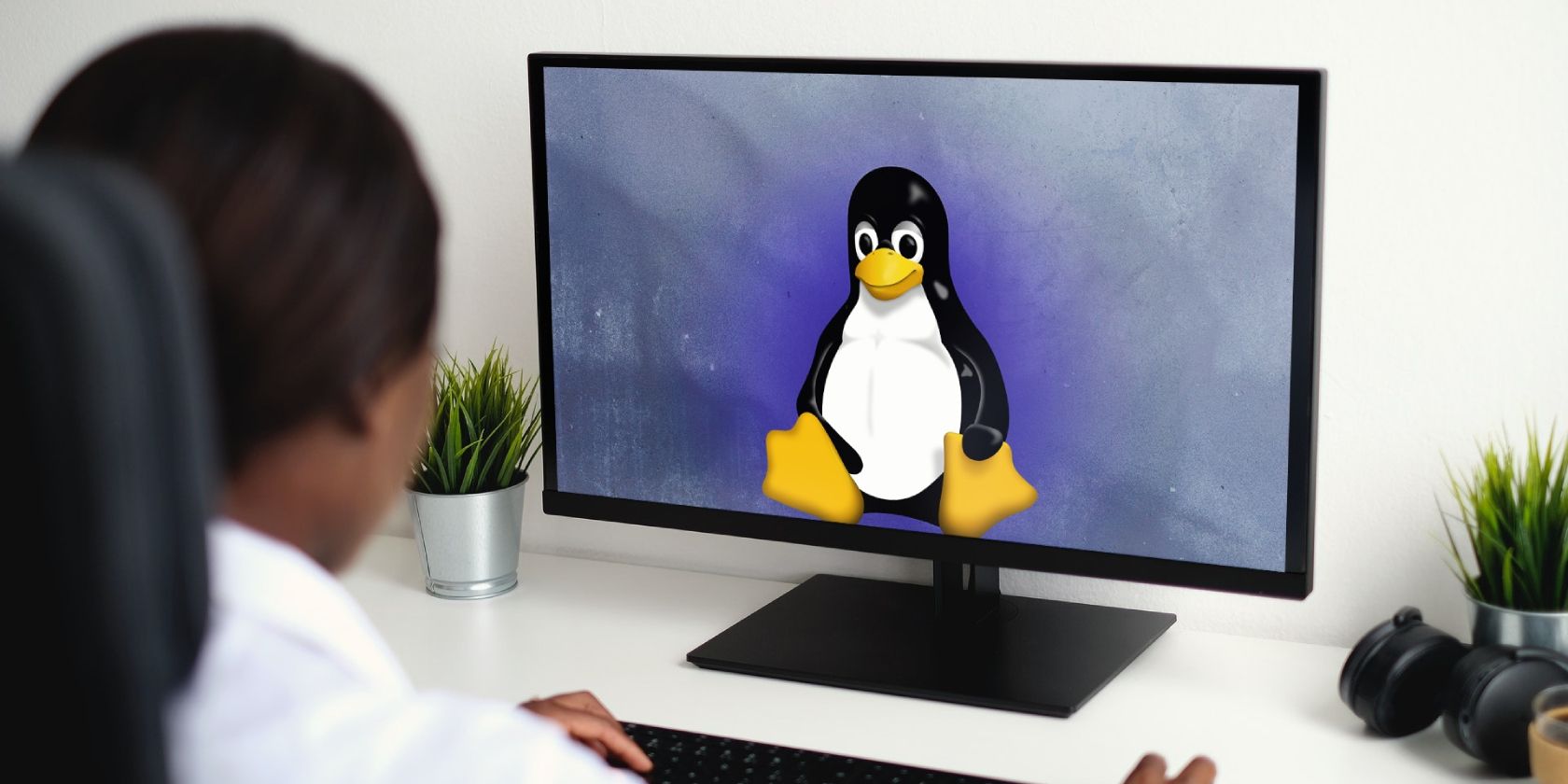Linux has been around for quite a while now. And while we’re certainly past the days when it was considered unsuitable for home use, there are still lots of people who remain skeptical of what it has to offer in this regard. The operating system is in a pretty good place right now, all things considered.
But it’s important to have the right expectations when jumping into it. It’s a great system for a wide range of tasks and activities, but there are some things for which Windows—or macOS—remains a better choice.
1. Linux Has Been Building Upon User Friendliness
One of the main complaints against Linux through its history has been about its ease of use and overall intuitiveness. A lot of work has been done in this regard in recent years, and Linux is now in a completely different place than just a decade or so ago.
Of course, this also depends on which specific distribution you plan on using. But for those intending to stick to something popular and commonly supported, like Ubuntu, they should expect lots of improvements since the last time they’ve given it a chance.
Gone are the days when you had to dig through pages of documentation and fiddle with the command line just to get your internet up and running. You can now resolve most of the common problems through a graphical interface. And there are lots of helpful resources for you to use if you get stuck.
2. Many Popular Applications Have Linux Versions Now
If it’s been a while since you last used Linux, you might also be pleasantly surprised by what it has to offer in terms of application support. More and more popular applications offer Linux support now, including some that were out of the question in the past.
Even some major gaming platforms—like Steam—have taken an interest in the operating system, and have been making active moves in it. Emulation has also improved significantly. Now, you can even run applications that don’t have native support without any issues.
The only real issues lie with more specialized programs, like ones that heavily rely on graphics acceleration. But for everything else, you should definitely give it a try.
3. Linux Is Well-Suited for Everyday Use
You can use Linux for regular everyday use. It supports almost all major browsers and runs them as smoothly as Windows does.
Organizing your personal files and documents is relatively straightforward, and you can take advantage of native integration with many cloud hosting platforms. All in all, transitioning from Windows to Linux can be very easy for most everyday tasks.
Many of the applications will be available on Linux without the need for emulation or any special configuration. You should also be able to use any services you’re paying for, as many of them either support Linux through their websites or even have native support with applications.
4. Office Work on Linux?
If your daily work mostly revolves around editing documents and sending e-mails, this is another area where Linux can prove quite useful.
The only downside here is that you have no true alternative to the Microsoft Office suite. LibreOffice is quite good, all things considered, but you might still run into compatibility issues with it.
Pay attention to advanced formatting requirements and other similar points which might cause problems. If you can, it’s advisable to do part of your work on Windows to ensure compatibility.
5. An Operating System for Media Work
Media work is one area where Linux can truly shine, depending on what exactly you do. If you edit videos or large volumes of pictures, for example, the operating system can make it much easier to streamline your work and automate parts of it through scripts.
While you can do much of that in Windows as well, the native, built-in scripting support that Linux offers is on another level. Admittedly, that’s been changing in recent years, with Microsoft pushing PowerShell further and developing it actively.
Photoshop is perhaps the most notable outlier here. Unfortunately, it still has no native version available for the operating system. With a little tweaking though, you can get it up and running in no time. And other than it, you shouldn’t find any other notable tools missing.
6. Gaming on Linux Has Improved
This is the biggest reason for staying away from Linux for many people. Or at least, it used to be—things are much different today. Many game developers have realized that there is a largely untapped market among Linux users, and have started to port their own products to the operating system.
Steam reported nearly five thousand native Linux titles on their platform not too long ago, and the number seems to be climbing quite fast. At this moment, there is no shortage of entertainment to enjoy on Linux, no matter what kinds of games you’re into.
Things to Keep in Mind Before Making the Switch
We mentioned distributions above, and that’s perhaps the most important point to consider for newcomers with no prior experience with Linux. You should take a look at what’s available and pick the one that works best for your needs.
The unique thing about Linux compared to Windows is that it’s offered in so many different “flavors”, and each of them brings something different to the table. Some distributions are meant for general everyday work, some are aimed at security specialists, while others offer more multimedia features.
And once you’ve made your choice, you should stick around and give it a chance for as long as you can. Like many things, Linux can be a bit uncomfortable at first when you’re still not used to how it works. But after using it for a while, you’re going to start noticing the general patterns.
And once it all clicks, you’re not going to regret spending the time to learn the system. Because there are many reasons to expect that it’s going to continue to climb in popularity in the coming years, making it a good idea to familiarize yourself with what it has to offer.



